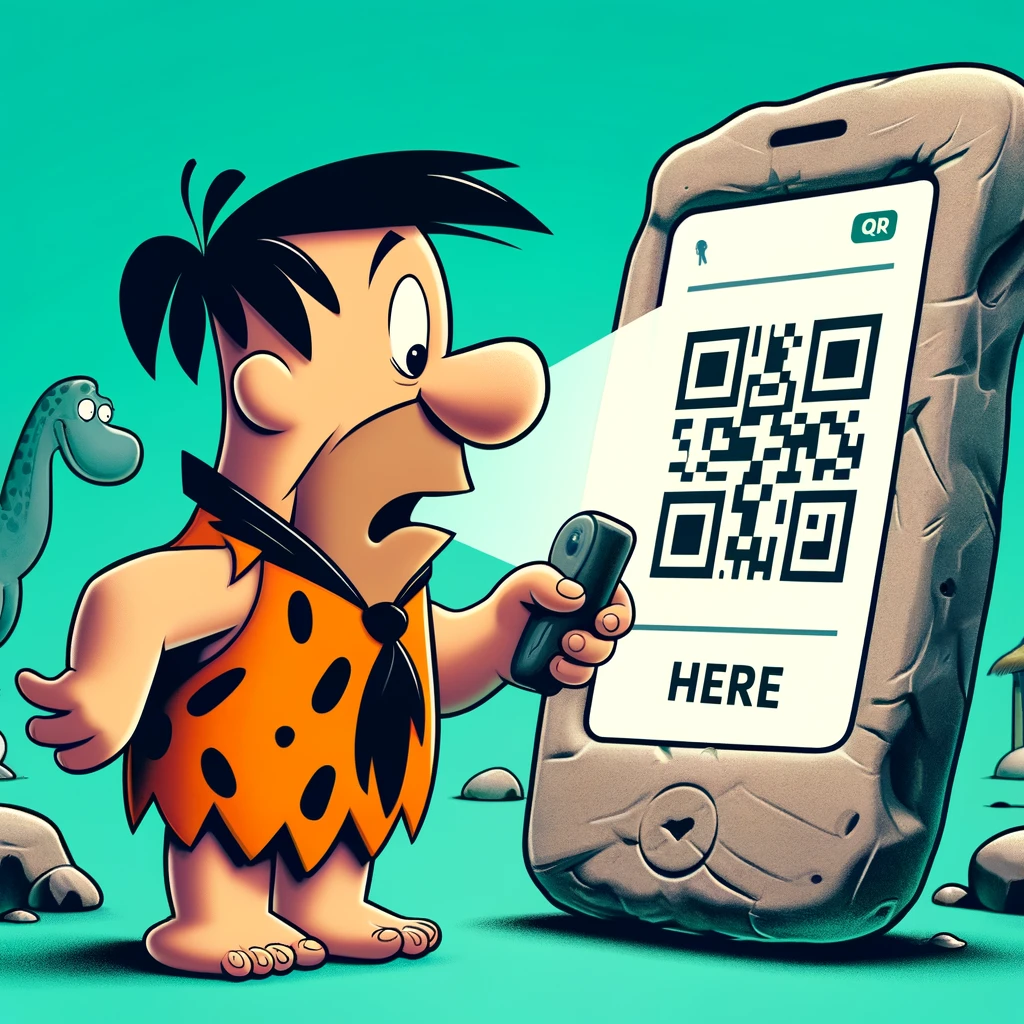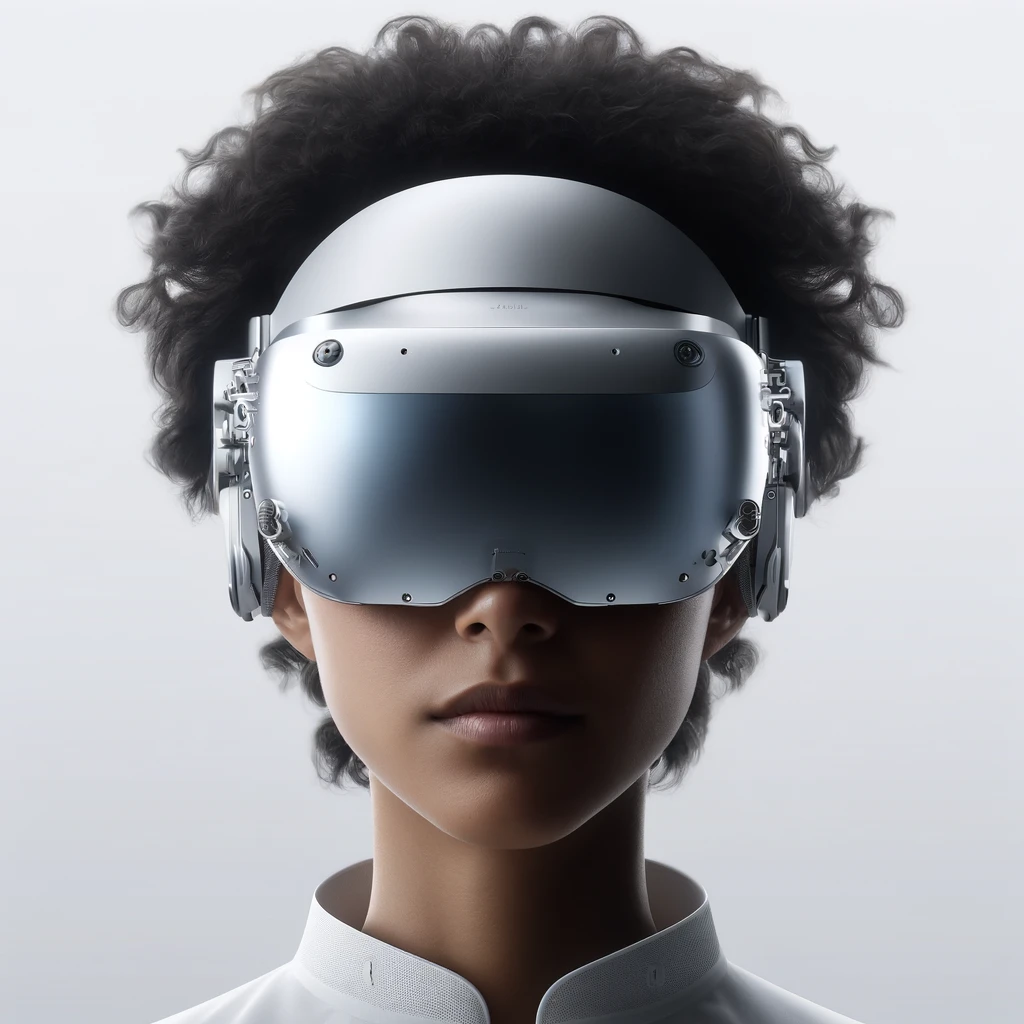In today's digital age, QR codes have become an integral part of our daily lives. These small, square-shaped patterns have revolutionized the way we interact with technology, providing a seamless and efficient means of accessing information. From marketing campaigns to contactless payments, QR codes have proven to be a versatile tool with endless possibilities.
QR codes, short for Quick Response codes, were first developed in Japan in 1994 by Denso Wave, a subsidiary of Toyota, as a means of tracking automotive parts during manufacturing. Since then, they have evolved into a ubiquitous feature in our society, appearing on everything from product packaging to event tickets.
One of the most prominent uses of QR codes is in marketing and advertising. Businesses and organizations have embraced QR codes as a means of engaging with their target audience. By scanning a QR code, consumers can access additional information about a product, participate in promotions, or even make a purchase directly from their smartphone. This seamless integration of offline and online experiences has transformed the way brands interact with their customers.
QR codes have also played a crucial role in the realm of contactless transactions. With the rise of mobile payment systems, QR codes have become a popular method for facilitating secure and convenient transactions. Whether it's paying for groceries at a store or splitting the bill at a restaurant, QR codes have simplified the process of making payments, eliminating the need for physical cash or cards.
In addition to their commercial applications, QR codes have also been instrumental in enhancing connectivity and accessibility. They have been used in educational settings to provide students with easy access to supplementary materials, such as videos, articles, or interactive quizzes. Furthermore, QR codes have been employed in museums and historical sites to offer visitors a more immersive and informative experience by providing additional context and multimedia content.
As we continue to embrace the digital landscape, the potential for QR codes is limitless. With advancements in technology, such as augmented reality and machine learning, QR codes are poised to become even more interactive and personalized. Whether it's unlocking exclusive content or accessing personalized recommendations, QR codes are poised to play an even greater role in shaping our digital experiences.
In conclusion, QR codes have become an indispensable tool in our modern world, offering a seamless bridge between the physical and digital realms. Their versatility and convenience have made them a staple in various industries, from marketing to finance to education. As we look towards the future, it's clear that QR codes will continue to evolve and innovate, further enhancing our connectivity and user experiences.


